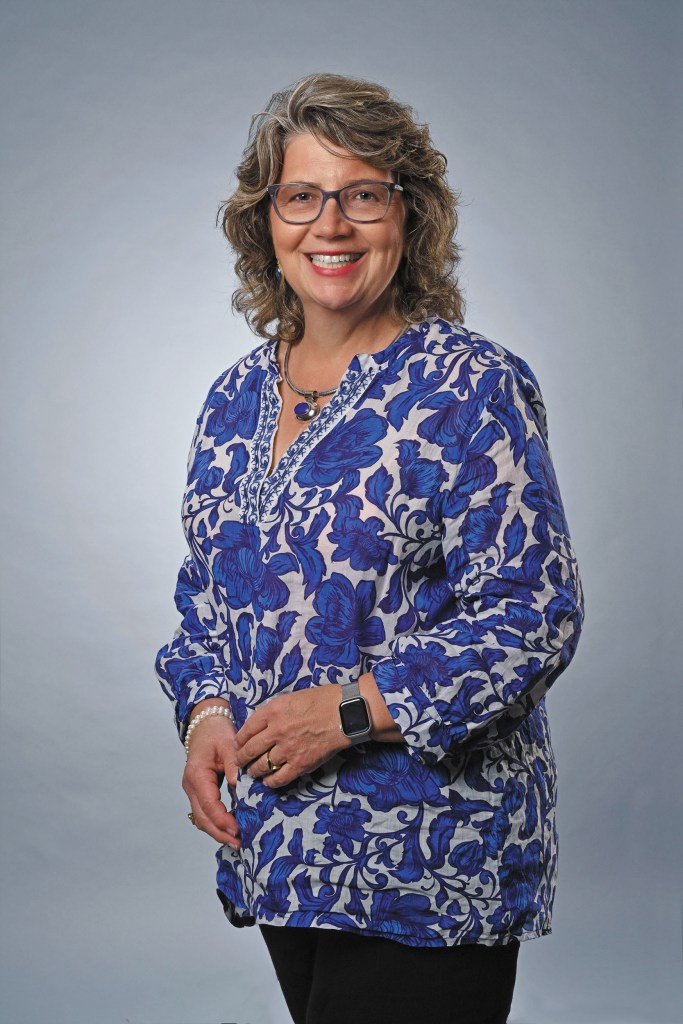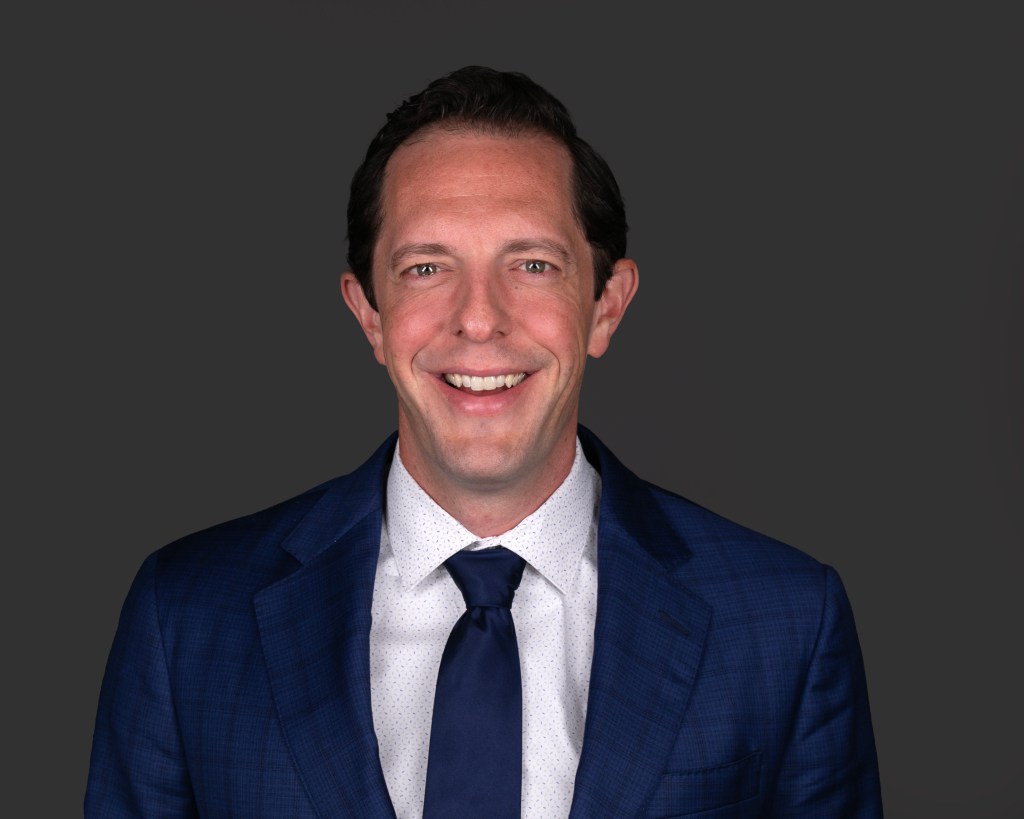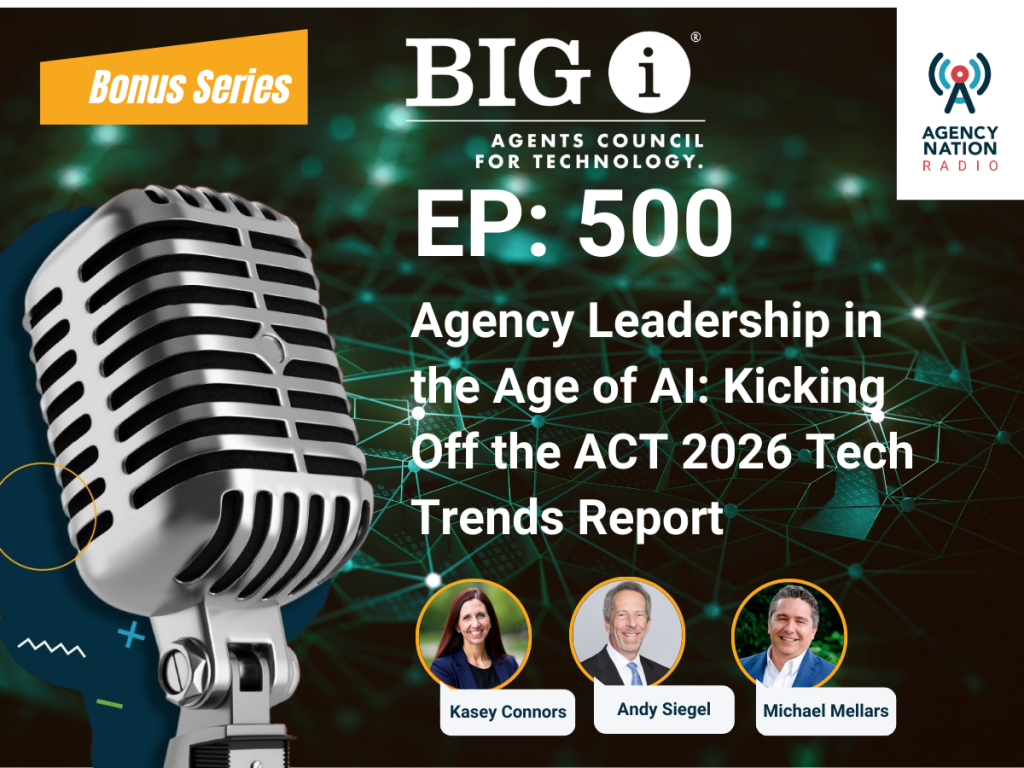Declaration of Independents: Marianne Policastro-Wik

Marianne Policastro-Wik
Owner
Insurance Associates of Central CT
Wethersfield, Connecticut
Growing up in Hartford, Connecticut—then considered the insurance capital of the world—made the industry feel like a natural fit, but it was her passion for helping others that truly shaped her path. From a background in social work to senior leadership, Policastro‑Wik has built a career rooted in relationships and strategic thinking.
Today, she’s leading her agency, a 2025 Best Practices Agency, through thoughtful “modernization,” paying careful attention to embracing technology without losing the human touch. “Technology should strengthen our relationships, not replace them,” she says. “That’s the balance.”
Biggest lesson in business that guides you?
Understanding what you have before deciding if it needs to change is imperative. For instance, our agency management system appeared to be a complete disaster. I couldn’t pull meaningful reports, the data was messy—everything felt broken. I spent way too much time researching new systems, thinking we needed to make a switch. But after talking to a lot of people, I started to realize it wasn’t necessarily the system itself—it was how we were using it. The functionality was likely there; we weren’t leveraging it properly.
Finding the right balance with technology?
I see technology as a support system. The real value happens when we’re talking with our clients—sitting down with them, listening, understanding their needs and making a meaningful connection. Our goal is to let technology free up some time so we can reinvest that time into building relationships.
More From the Ocotber Issue
Biggest challenge with change?
Moving toward a more tech‑enabled world is like any other change—it comes with emotion. And often, at the root of that emotion is fear. Employees might think, “I used to be an expert at this. Now you’re asking me to do something new, and I’m not sure I can.” That fear is natural, and it comes with any change, not just technological ones. That’s why change management is so important.
Solutions to embracing change?
In our small agency, we’ve found that creating a support system helps. Sometimes it’s just about pairing someone a little more comfortable with new tech—an early adopter—with someone less confident. They can help guide each other.
Ultimately, it comes down to basic human traits: patience, empathy and understanding that transformation doesn’t happen overnight. Sure, you might flip the switch on a new website in a day, but the actual change takes time. People need to feel safe trying, safe to fail or stumble a little and know that it’s all part of the process. That’s the environment we’re trying to create.
How has your agency embraced technology?
It started with tools: What do we have, what can be automated, and how do we connect it all? Do our platforms align—does Facebook match LinkedIn? Do we even have a usable logo? That initial phase was about creating consistency and connection.
Data utilization was another key pillar. We need clean, reliable data to run our business. Data hygiene became a big focus. And then there was infrastructure. Cybersecurity, breaches, scams—those threats are real. We had to strengthen our foundation.
I think of my modernization strategy as having five pillars: tools, automation, marketing alignment, data hygiene and infrastructure. From there, it was about being purposeful. It’s one thing to say, “Let’s get all the best tools,” but every step costs money. So we had to be strategic about which changes to tackle first. It’s definitely a journey, and we still have many miles to go, but we’ve taken a lot of steps in the right direction.

Bad Data, Big Impact: A Quick Guide for Independent Agents
What tech trends are you watching most closely right now?
The one thing that really stands out right now is artificial intelligence (AI). It’s all around us and already transforming how we live and work. What’s exciting is that AI isn’t just for tech experts—it’s accessible to everyone, both professionally and personally.
You don’t have to be a tech person, or even like technology, to explore it. I’ve used AI for agency-related tasks like creating content and building a book of knowledge with carrier appetites. I’ve also used it to recreate a family recipe that didn’t have any measurements. There are so many ways to use it, and sometimes just experimenting in a personal context builds the confidence to apply it professionally. The lightbulb moments just keep coming.
That said, AI isn’t a magic wand, it’s a tool. And like any tool, it comes with challenges and ethical considerations. My approach is to meet it with both curiosity and caution. Understand what it can do, let it help us, but don’t overuse it.
The evolving role of the independent agent?
There’s a concept called the Kano Model. The basic idea is that what’s considered a “nice-to-have” today often becomes a “must-have” tomorrow. As independent agents, we have to stay ahead of that curve. People are buying and using things in new and sometimes unintended ways, and we need to be prepared to advise and protect them accordingly.
At the same time, consumers are more empowered than ever. Whether it’s personal or commercial lines, they expect convenience, speed, clarity, and trust. That means our value proposition has to evolve—not just in terms of what we offer, but how we offer it.
What drew you into the insurance industry?
I grew up outside of Hartford, Connecticut, which for a long time was considered the insurance capital of the world. It seemed like everyone was either in insurance or somehow connected to the industry. It was just part of everything, so it became a part of who I was. My family was there, and in Connecticut, insurance is kind of like the air you breathe.
It felt like a natural path, but the truth is I had a strong desire to help people. When I went to college, I majored in social work—much to my parents’ dismay. I have a degree in social work and worked part-time in that field for a while. At the same time, I held full-time jobs in the insurance industry. I started at Aetna in college, then moved to Travelers, and later joined UnitedHealth Group when they sold off their health division. I spent the majority of my career there, leaving as a senior director before transitioning to the agency side.

Use AI Without Losing the Human Touch
What has kept you in the insurance industry?
Insurance is such an engaging field because your role constantly changes and evolves. Every day brings different challenges. The work I did was incredibly rewarding. I had opportunities to travel across the U.S.—not always glamorous places, but I got to see Minneapolis, and many US cities. I even traveled to India a few times, which I loved.
It’s a field where you can continually grow, learn and develop. I had the privilege of working with some truly wonderful people I really admired. Insurance gave me the opportunity to help people in meaningful ways. It gave me a solid foundation, professional growth and a lifestyle I really enjoy.
Community work?
I occasionally consult with a nonprofit agency on the side. The work I do there focuses on operations performance, which is very similar to what I do in the insurance agency world, just with different tools and processes. I help ensure they have a solid strategy, are working from facts and data, are tracking their metrics, setting clear goals, and staying focused on achieving them. Additionally, I serve on a couple of nonprofit boards. One is connected to my church, one is a local organization and I am active with our local Chamber of Commerce.
Will Jones is IA editor-in-chief.











